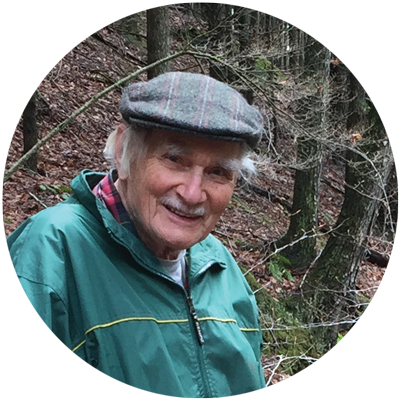Home >
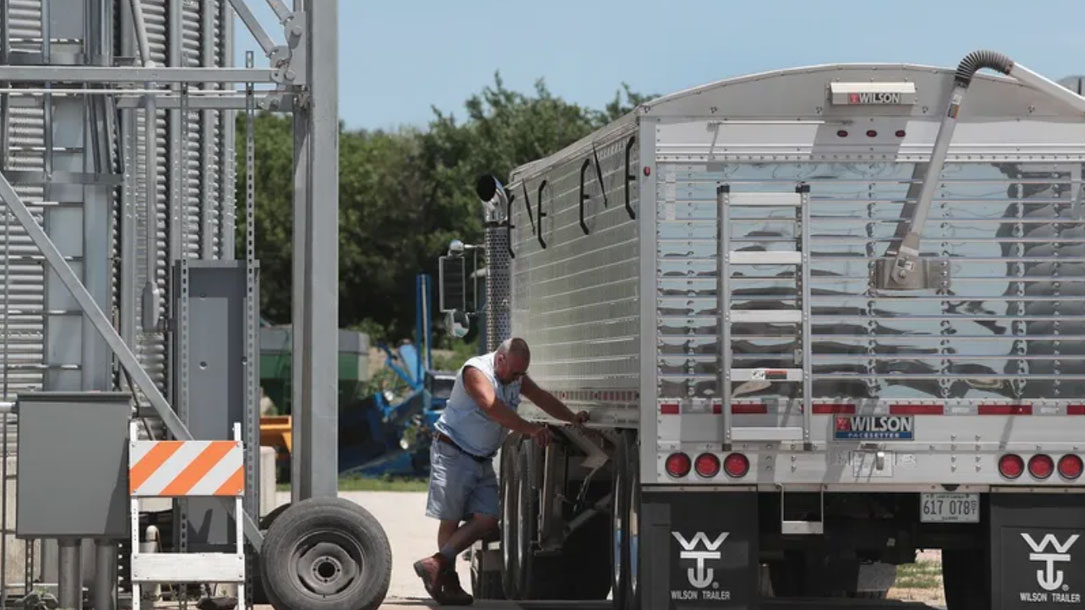
CDC: Farmers are committing suicide at 5 times the rate of the rest of the population
“Farmers in the US are facing a myriad of challenges these days, and The Centers for Disease Control and Prevention recently released a report showing that such stress is taking a deadly toll.
While the suicide rates of Americans in all demographics have been on the rise over the last 30 years, farmers have the highest rate of suicide than any other occupation — five times that of the rest of the US population…”
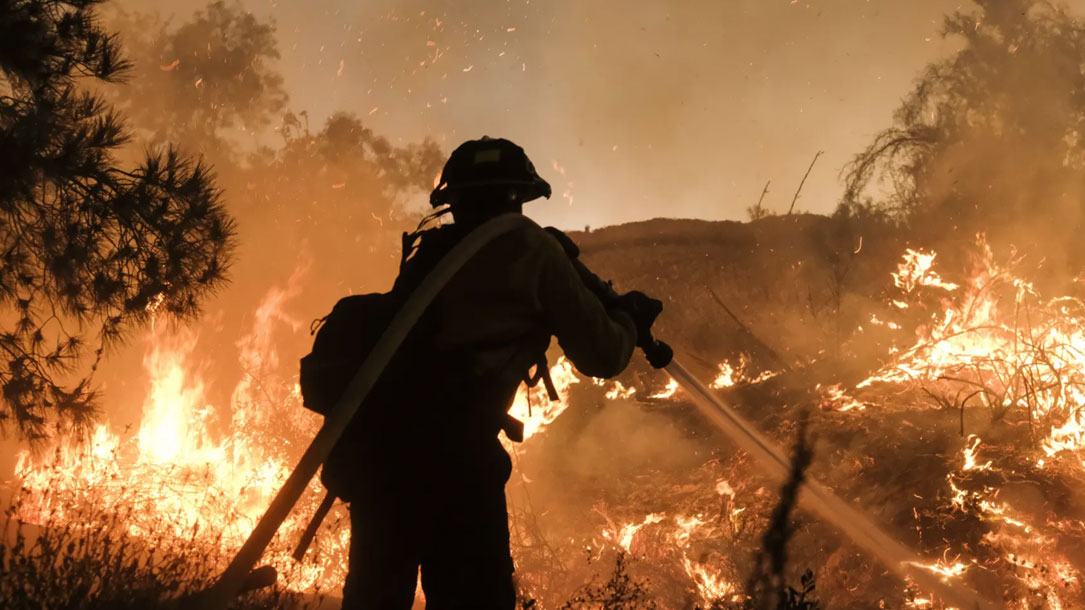
We have 12 years to limit climate change catastrophe, warns UN
“The world’s leading climate scientists have warned there is only a dozen years for global warming to be kept to a maximum of 1.5C, beyond which even half a degree will significantly worsen the risks of drought, floods, extreme heat and poverty for hundreds of millions of people.
The authors of the landmark report by the UN Intergovernmental Panel on Climate Change (IPCC) released on Monday say urgent and unprecedented changes are needed to reach the target, which they say is affordable and feasible although it lies at the most ambitious end of the Paris agreement pledge to keep temperatures between 1.5C and 2C…”
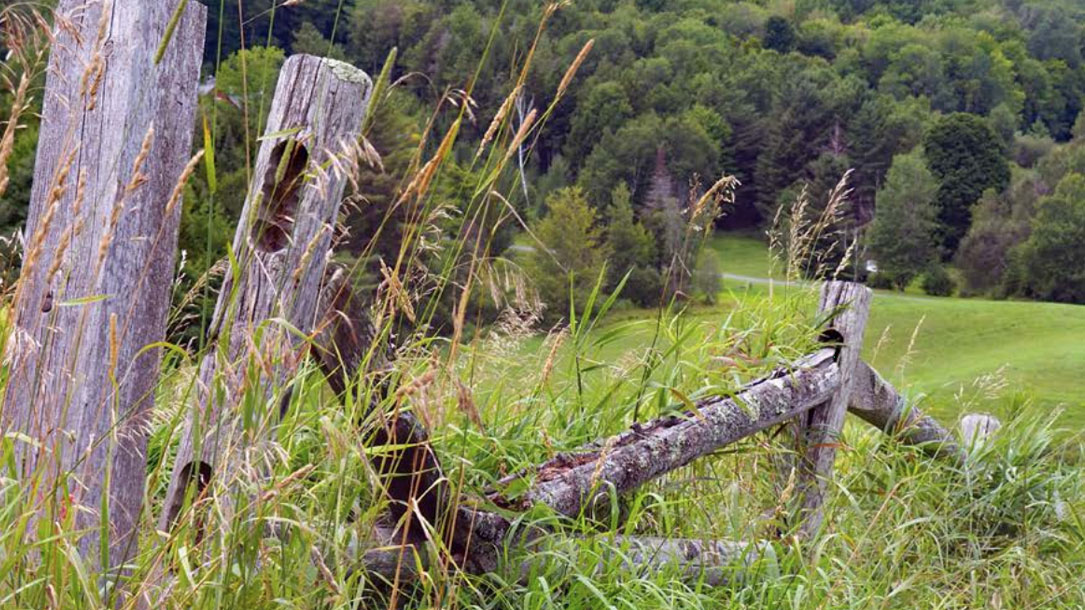
How to talk about climate change
The Land Trust Alliance and the Open Space Institute undertook a study to see how land trust supporters felt about their land trust talking about climate change. There was strong agreement that land trusts should, or could, talk about climate change.
That said, regardless of whether or not land trust supporters believe the data on climate change, I would suggest that it is a moral and ethical duty for your land trust to talk about climate change—and to provide ways people can slow it down.
The question is often, “How?” The report offers some suggestions on how to frame climate change as part of your communication and engagement strategy.
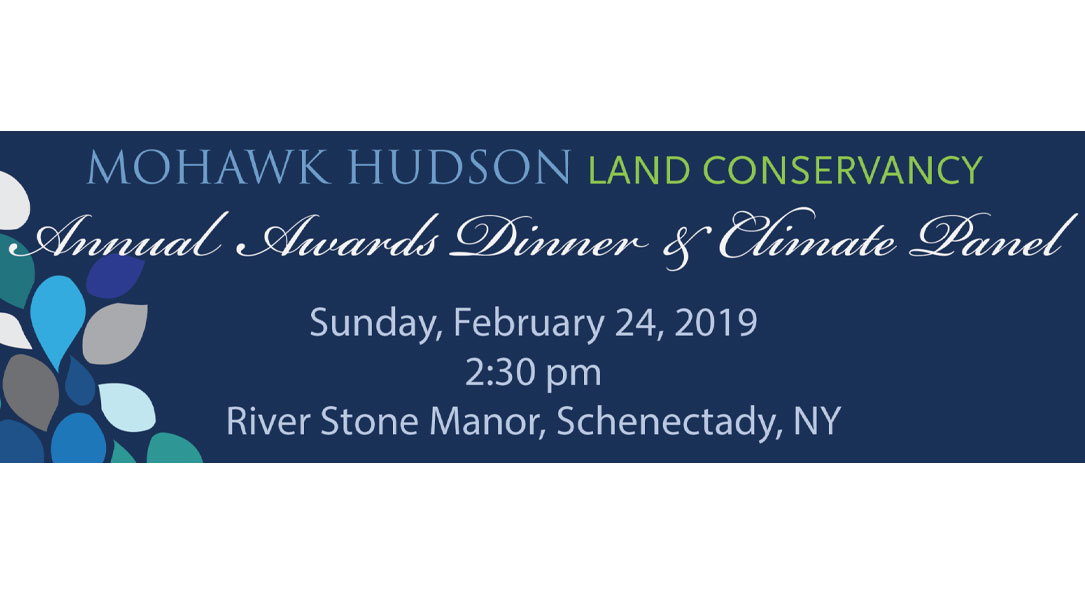
A local land trust incorporates climate change into its community event.
The Mohawk Hudson Land Conservancy, located in rural, upstate New York, is featuring a panel of speakers to focus on climate change at the Conservancy’s Annual Awards Dinner. This afternoon program will combine cocktails and awards with dessert—and a panel discussion at the end.
Mark King, Executive Director, notes that, “Our board and staff, as well as many in our community, want us to be stepping up our work on climate change. We are doing just that. This is a great way to let folks know—and inspire them at the same time.”
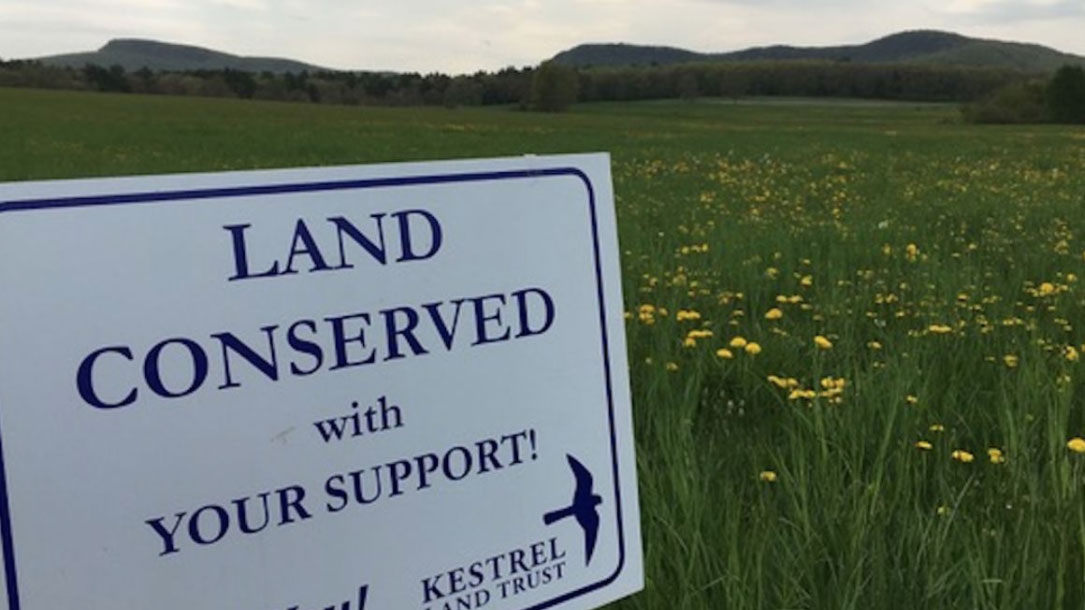
Becoming part of your community of change: Land trusts are joining coalitions and policy work to help slow climate change
Kestrel Land Trust recently decided to support the Citizen’s Climate Lobby as part of a coalition to support the Energy Innovation and Carbon Dividend Act.
“We recognize that climate change is a threat to all we conserve and hold dear,” explained Kristin DeBoer, E.D. of Kestral Land Trust. “We periodically advocate for conservation funding and policies to promote conservation—this is in the same category for us. The Land Trust Alliance has done a great job at clarifying that lobbying, and joining coalitions, can be part of our conservation work.”
Scott Jackson, Associate Professor in the Department of Environmental Conservation at the University of Massachusetts and Kestrel’s Board Chair, notes, “We recognize that climate change is a threat to the ecological and agricultural integrity of the land that we are conserving in the Pioneer Valley of western Massachusetts.”
Jackson goes on to say that, “In addition to positioning land conservation as a natural solution to climate change, our land trust is looking for other ways to take action. Being a part of the climate change advocacy community is similar to the need to advocate for conservation funding to acquire land. This is just as important.”
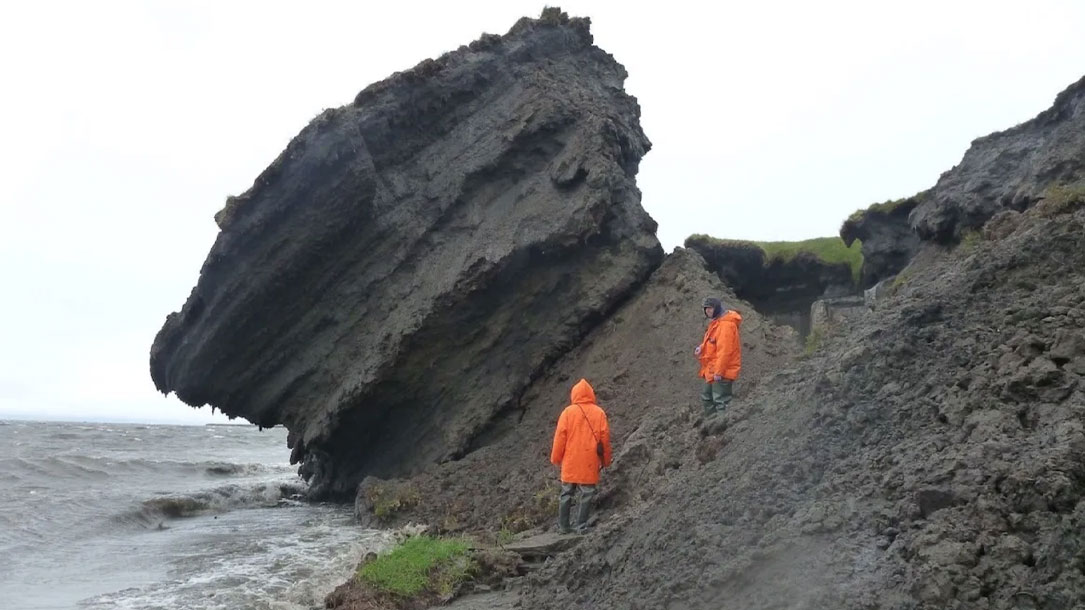
The most dangerous climate feedback loop is speeding up
The new study released on January 16th of this year is the first “globally consistent assessment of permafrost temperature.” Four dozen researchers from around the globe found that the ground temperature tens of feet below the surface “increased in all permafrost zones on Earth”—in the Northern Hemisphere, the mountains, and Antarctica…
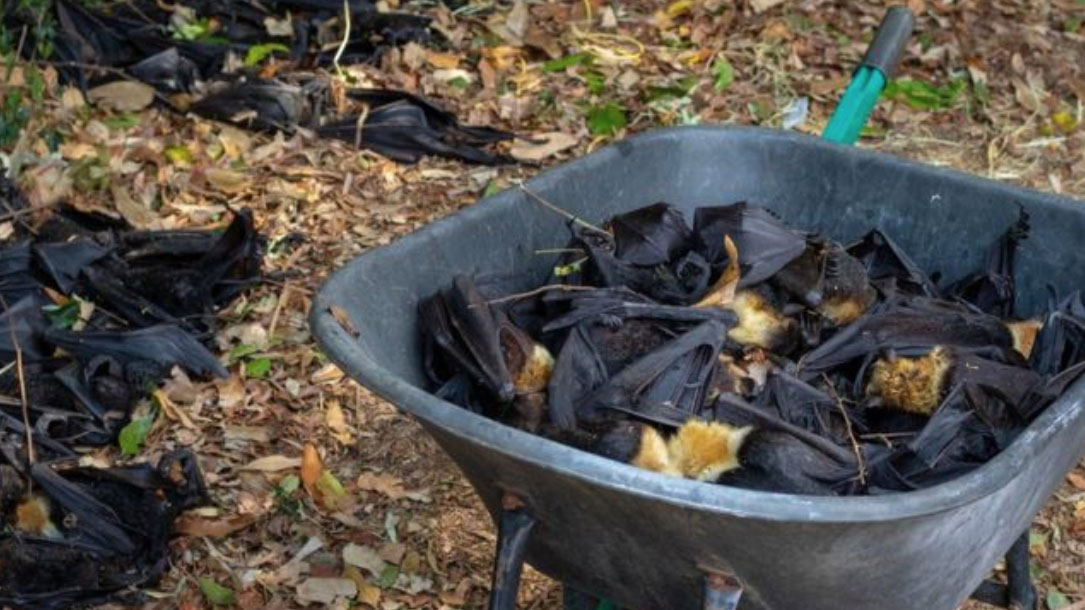
How one heatwave killed ‘a third’ of a bat species in Australia
We often hear concerns about windmills killing lots of birds and bats. And they will, and do, kill some. You’ll hear people talking about hundreds, or even a few thousand, getting killed. That said, technology is advancing so the impact is smaller.
And climate change? It’s accelerating and wiping out bats, as well as birds, in vast numbers…and we are only just beginning to see the destruction. unless we slow it down.
Flying foxes (bats) are no more sensitive to extreme heat than some other species, experts say. Researchers from Western Sydney University finalized their conclusion that about 23,000 bats died in two days: on the 26th and 27th of November, 2018.
But, because these bats often gather in urban areas in large numbers, their deaths can be more conspicuous, and easily documented. “It raises concerns as to the fate of other creatures who have more secretive, secluded lifestyles,” Dr. Welbergen says…

Does talking to people about climate change make any difference?
Let’s say I was able to visit one high school per week for the next year and give a talk about what young people can do to fight climate change. Say I also try to reach adults by giving presentations at local community centers, churches, and international centers.
Would any of these efforts, if I undertook them over the next three or five years, make ANY difference in curbing the current rise in carbon dioxide emissions, reducing the number of species going extinct every day (which I’ve read is 200), and decreasing the amount of Arctic sea ice melt?
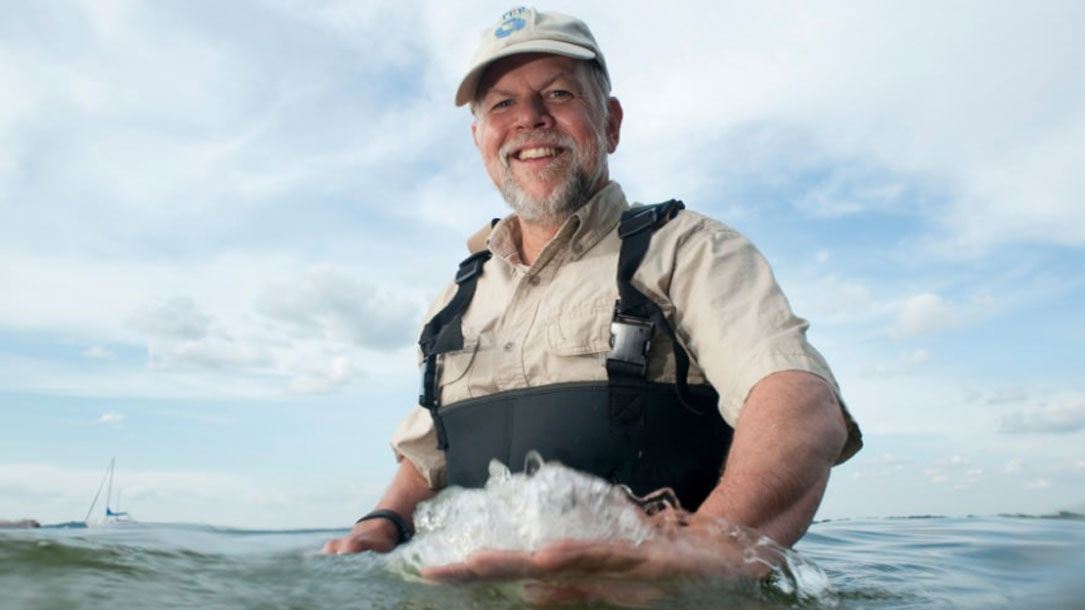
All hands on deck to understand, predict, prevent abrupt ecological change
“In 2011, Lake Erie turned into a toxic pea soup. One-sixth of the lake harbored a thick and deadly algal bloom that killed fish, closed beaches and struck a blow to Toledo, Ohio’s tourism industry. The bloom was three times larger than any algal bloom ever recorded there.
Then, in 2014, toxic algae suddenly contaminated Toledo’s water supply, preventing half a million people from consuming, cooking or bathing with their tap water…”
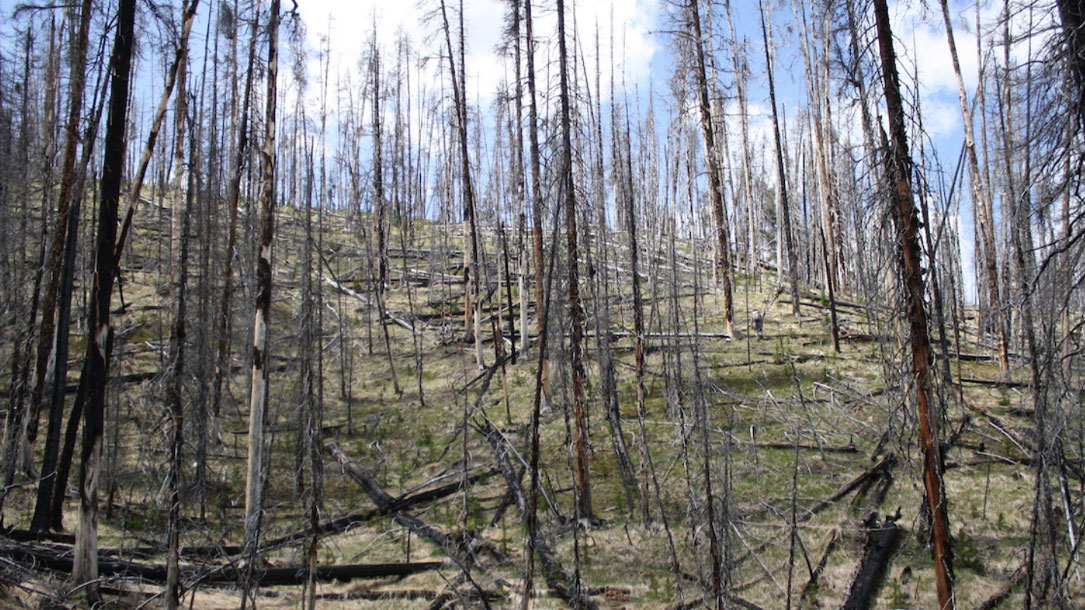
With fire, warming, and drought, Yellowstone forests could be grassland in 30 plus years
A recent study calls into question assumptions on the relationship between fire, tree growth, and how forests can be a major part of slowing down climate change…
“It wasn’t just a small reduction,” says University of Wisconsin–Madison Professor of Integrative Biology Monica Turner, “it was a failure to establish at the lower elevations.”… The park’s forests may be on the brink of abrupt change, where their resilience may suddenly be overwhelmed.



